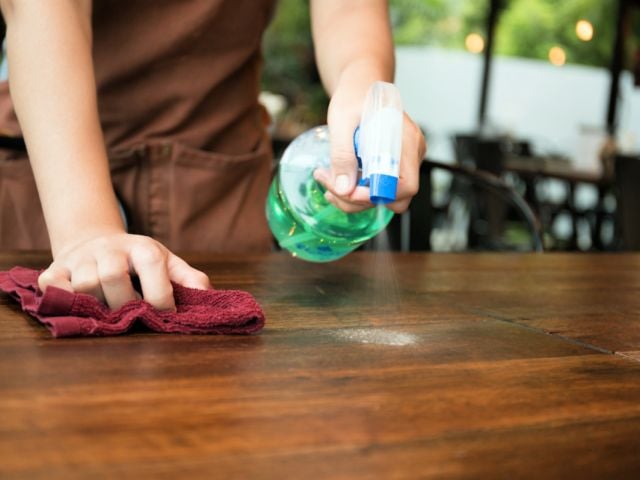WASHINGTON – The cancer-causing chemical 1,4-dioxane, which contaminates the drinking water of millions of Americans and is found in personal care products and other consumer goods, is “not an unreasonable risk” to the American public or the environment, according to the Environmental Protection Agency.
The EPA today issued its draft risk evaluation of 1,4-dioxane and found the chemical poses “no unreasonable risk to the environment” or the general public. In November 2016, the EPA selected 1,4-dioxane as one of the first 10 chemicals it would review under the revamped chemical safety law, the Toxic Substances Control Act, passed earlier that year.
The EPA’s proposal will leave the chemical largely unregulated and still allowed its continued use. In its draft proposal, the EPA claims that “for the general population, including children, environmental statutes such as the Clean Air Act and the Safe Drinking Water Act . . . adequately assess and effectively manage risks from 1,4-dioxane.”
In a 2017 analysis of water utility tests, EWG found 1,4-dioxane in the drinking water serving approximately 90 million Americans in 45 states. Despite the claims by the EPA, 1,4-dioxane is not regulated under the agency’s Safe Drinking Water Act and there is no legal limit for 1,4-dioxane contamination in tap water.
“By ignoring the risks 1,4-dioxane presents to Americans, the Trump EPA is again undermining both the spirit and letter of the federal chemical safety law,” said EWG Legislative Attorney Melanie Benesh. “With nearly a third of the country drinking tap water polluted with this chemical and its potential widespread contamination of personal care products, including soaps and shampoos used by children, there is an urgent need for action. But in the Trump administration, safeguarding people from toxic chemicals is not a priority.”
The EPA has classified 1,4-dioxane as a likely human carcinogen, and it is listed in California’s registry of chemicals known to cause cancer.
###
The Environmental Working Group is a nonprofit, non-partisan organization that empowers people to live healthier lives in a healthier environment. Through research, advocacy and unique education tools, EWG drives consumer choice and civic action.



